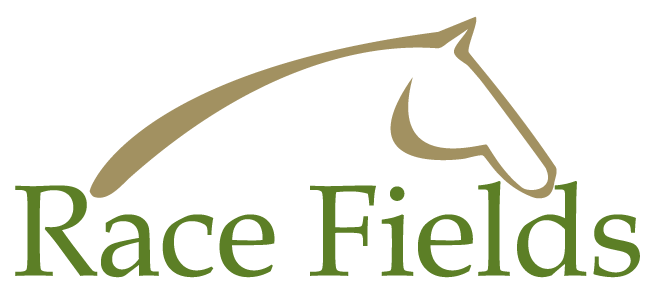At a yearling sale in Melbourne in 1968 a pretty chestnut filly by first-season sire Showdown was led into the Wright Stephenson sale ring in what was meant to be a simple, old-fashioned bit of shifty business known in the trade as a "buy-back".
The man who bred her, VRC committeeman, the late Harry McNamara, prided himself as a seller, a vendor who would meet the market no matter what.
But McNamara had grown fond of his Showdown filly and he was keen to keep her, so he devised a plan with none other than the premier of Victoria, Sir Henry Bolte.
Sir Henry would bid for the horse and McNamara would pay for it. Not entirely honourable, but simple enough.
The filly sold swiftly for $9,000. But not to Sir Henry.
Ken White, a trainer from Geelong, had also taken a shine to her and when he made his final bid Sir Henry was nowhere to be seen.
The story, as told by McNamara, was that Sir Henry became distracted in the bar and forgot about his role in the rort.
The filly went on to race as Dual Choice, one of the finest racehorses of her era and one of the genuine greats of the Australian turf.
McNamara spent most of the next few years trying to buy her back and eventually paid $80,000 for her after she'd retired and sent her year-after-year to the best stallions standing at the time.
Typically, she produced nothing of note.
Such incidents aren't uncommon at horse sales where, as in-house auctions, there are stories of prices are "run-up", phoney bids plucked from nowhere and horses sold long before they step into the ring.
There is no suggestion that such a thing happened at the William Inglis Australian Easter yearling sale on Tuesday when the international buying group BC3 Thoroughbreds paid a record $5 million for a half-brother to Black Caviar.
But the rumour mill was hard at it both before and after.
Some of it stemmed from the betting on who would buy the colt.
Bookmaking firm Sportingbet Australia said it had offered a price of $4.60 about BC3 being the successful bidder.
Two hours before the colt walked into the ring BC3 had shortened to $1.70 and by the time the hammer fell, they were quoted at $1.55.
In the days before the record-breaking sale, the William Inglis sales complex was buzzing with stories that the colt had already been syndicated by BC3.
Both the betting plunge and the alleged syndication could easily and legitimately have occurred as a result of BC3's expressed desire to buy him.
They had, after all, bought the previous foal from Helsinge, the mother of the $5 million colt and of Black Caviar, for $2.6 million.
A story also emerged of the mandatory pre-sale X-rays showing "activity" in his knees and there was one from one of the most revered names in the industry concerning the truth behind the slight scars on his front legs.
As the dust settled 24 hours later, the "real stories" behind the sale were still doing the rounds.
It is all academic now.
BC3's Bill Vlahos put up his hand and his money and for that he deserves congratulations and good luck.
 InglisDigitalAUS
InglisDigitalAUS InglisDigitalUSA
InglisDigitalUSA







